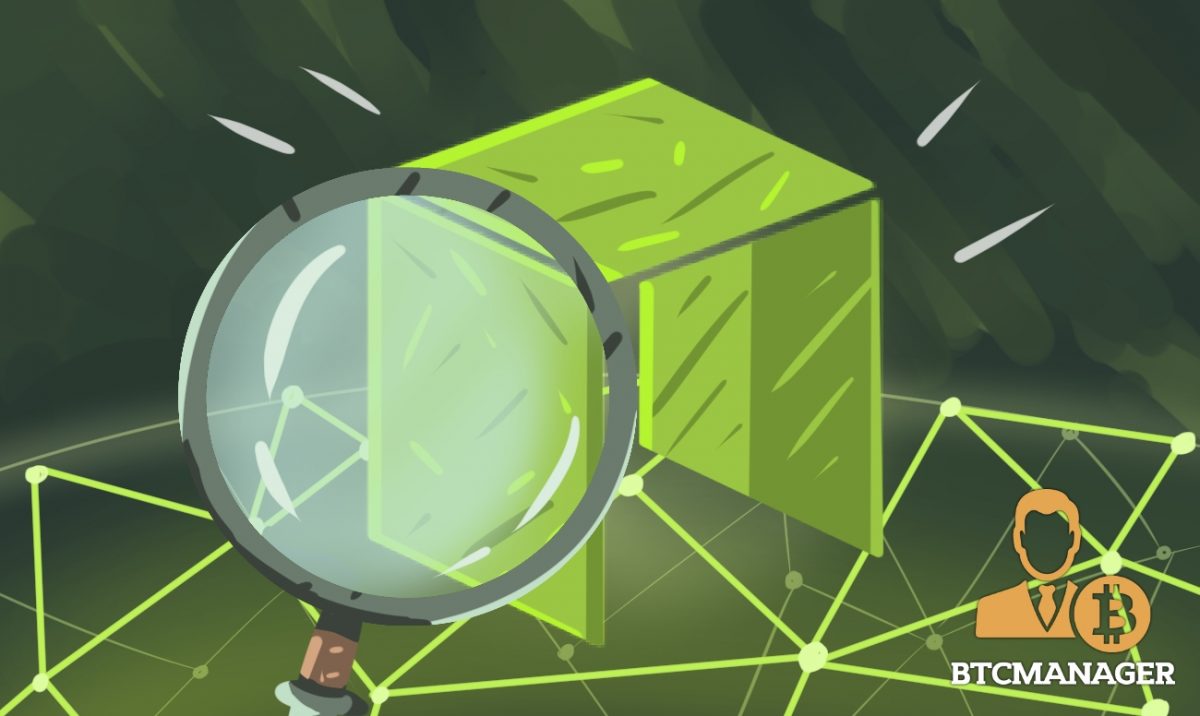Crypto-related criminal activities are common, ranging from ransomware attacks to crypto exchange hacks. Most times, the stolen digital assets are never recovered, due to the various techniques criminals use to complicate crypto tracking. However, blockchain forensics has somewhat made it possible for authorities to track illegal crypto transactions and potentially recover the associated assets. In this guide, you will learn how they do it.
What is Blockchain Forensics?
Blockchain forensics uses scientific techniques to track and interpret the flow of crypto assets on the blockchain. While transactions on public blockchain networks are visible to everyone, blockchain forensic experts use specialized tools and methods to decipher, examine, and interpret blockchain data.
Furthermore, personal identities aren’t associated with wallet addresses, making it difficult for organizations to pin real people to crypto-related financial crimes. Nonetheless, blockchain forensic techniques have improved over the years, and organizations have been able to recover some illegally acquired digital assets.
For instance, the US oil pipeline Colonial Pipeline was a victim of a ransomware attack in 2021. The attackers, going by the name DarkSide, asked for a ransom of 75 BTC. The company paid the ransom hoping the hackers would end the attack, which had crippled operations and led to an emergency declaration by President Joe Biden. Later, FBI agents used blockchain forensics and other classified methods to track ransom payments. They recovered 64 out of the 75 BTC.
Crypto is money – let`s use it!
You can use CryptoWallet to buy, sell, and trade crypto.
Sign up today
How do Blockchain Forensics Companies Track Crypto Transactions?
Contrary to common belief, bitcoin transactions aren’t anonymous. They are pseudonymous, meaning they are traceable. But if blockchain transaction data isn’t tied to personally identifying information (PII) like individual names and physical addresses, how are Blockchain forensics companies able to follow the money?
Well, according to Hudson Intelligence, investigators trace attribution data, IP addresses, cluster wallet addresses, and KYC information, among other things, to track crypto transactions.
Here are two of the main methods that blockchain investigators use to track crypto transactions:
Common Spend
Investigators utilize this method to identify crypto addresses under the control of one person or entity. It takes advantage of scenarios where perpetrators perform a common spend transaction by using wallet addresses with small amounts of crypto to fund one large transaction. In this case, forensic investigators use intelligence tools to expand their analysis from one initial wallet address to a cluster of addresses probably owned by the same person.
Address Reuse
Blockchain forensic investigators look out for addresses that criminals have reused in multiple transactions. The reuse of an address in multiple input and output transactions tells investigators that the reused address and the other string of addresses potentially belong to the same individual perp or entity.
How Can You Protect Your Privacy from Authorities Snooping on Your Crypto Transactions?
Your government could be snooping on your crypto transactions without your knowledge. This is a privacy breach, especially when you’re a law-abiding citizen who simply wants to enjoy the freedom blockchain technology offers.
Governments accused of tracking crypto transactions include the US, Japan, India, Russia, and China. For instance, the US reportedly uses technology that extracts internet data from fiber optic cables providing the IP addresses of people performing crypto transactions.
Additionally, Coinbase reportedly sold a crypto tracking software tool to the Immigrations and Customs Enforcement (ICE) body in the US, allowing it to trace several digital assets and identify crypto users.
Despite these attempts, crypto users can protect themselves from authorities by:
Using Privacy Coins
Privacy coins are digital currencies that offer anonymity by concealing the flow of crypto across the network. That makes it difficult for authorities to view sending and receiving addresses. The top five privacy coins by market cap at the time of writing this article were Monero, Zcash, Decred, Oasis Network, and Horizen.
By default, Monero obscures the details of senders, receivers, and the number of coins transferred. On the other hand, Zcash is selectively anonymous because it provides both shielded and transparent addresses. Transparent addresses work just like Bitcoin addresses, while private addresses deliver confidentiality, but users can still share transaction details if they choose.
Decred offers a mixing protocol called CoinShuffle ++ (CSPP) that anonymizes output addresses, while Oasis Network allows confidential smart contracts. Horizen delivers selective privacy like Zcash through transparent and shielded addresses.
Avoiding Custodial Wallets
Centralized crypto exchanges offer custodial wallets to their users, meaning that they hold the private keys. Therefore, they’re in control of all the assets on their platform and can prevent users from withdrawing them. Also, centralized crypto exchanges observe regulatory guidelines. Hence, they can prevent users from accessing their assets under government orders. On the contrary, non-custodial wallets are in your control, and authorities would need the private keys to access your digital assets. They can’t do this unless you willingly share your wallet’s secret seed phrase.
Using a VPN or Tor
Use a VPN that obscures your location and IP address when carrying out crypto activities. Also, use a separate browser profile when making crypto transactions. For example, using a browser linked to your Google account will make it easy for authorities to track your crypto activities. You should also use block explorers over Tor or a VPN because the website will pick up your IP address and the transactions you’re browsing, thereby linking you to them.
Not Providing Personal Data When Acquiring Crypto
Centralized crypto exchanges generally require users to go through KYC/AML processes where they upload photos of their IDs or passports, selfie pictures, and proof of address. If you don’t want authorities to track your crypto, you may consider avoiding such websites. Instead, you can use decentralized exchanges, P2P exchanges, or any other crypto trading platforms that don’t ask for personal information.
Not Reusing Addresses
Privacy-conscious crypto users should never reuse crypto addresses. Rather, they should generate a new address for every transaction. As we saw earlier, reusing addresses makes it easy for blockchain forensic investigators to track digital assets.
Not Leaving Identifiers in Public Places
To ensure the privacy of your crypto assets, don’t write your secret seed phrase on a stack of sticky notes because it will leave an imprint on the next page. Moreover, do not leave printed QR codes in public or your phone or PC unlocked.
FAQ
Can the Government Take My Crypto?
No, as long as you hold the private keys. On the other hand, crypto assets on centralized crypto exchanges may be subject to government control.
How Does the FBI Seize Bitcoin?
By using blockchain forensics tools to tie wallet addresses to real-world exchanges or IP addresses, authorities can determine the identity of a perpetrator. If the assets are on an exchange, they can subpoena the platform to reveal the identity of a user and prevent withdrawals.
Can Bitcoin be Traced Back to Me?
Yes. Blockchain forensics firms are doing an increasingly good job at tracking crypto transactions and linking them to the individuals behind them.
How Do You Recover Cryptocurrencies Acquired Through Scams?
You can report the matter to authorities and hire a blockchain forensics company to follow the money. There’s no guarantee, however, that you can recover all or any of the stolen crypto assets.
Sourced from crypto.news.
Written by Alex Lielacher on 2022-10-12 03:00:00.











